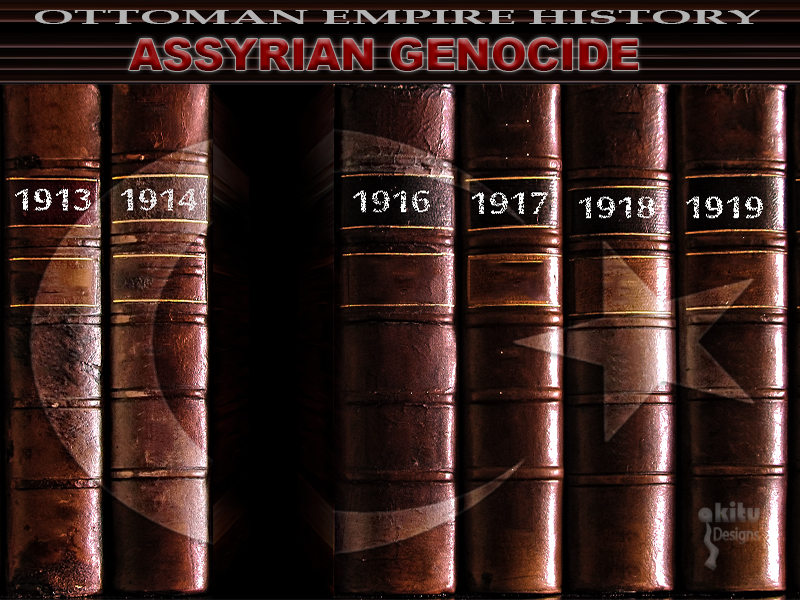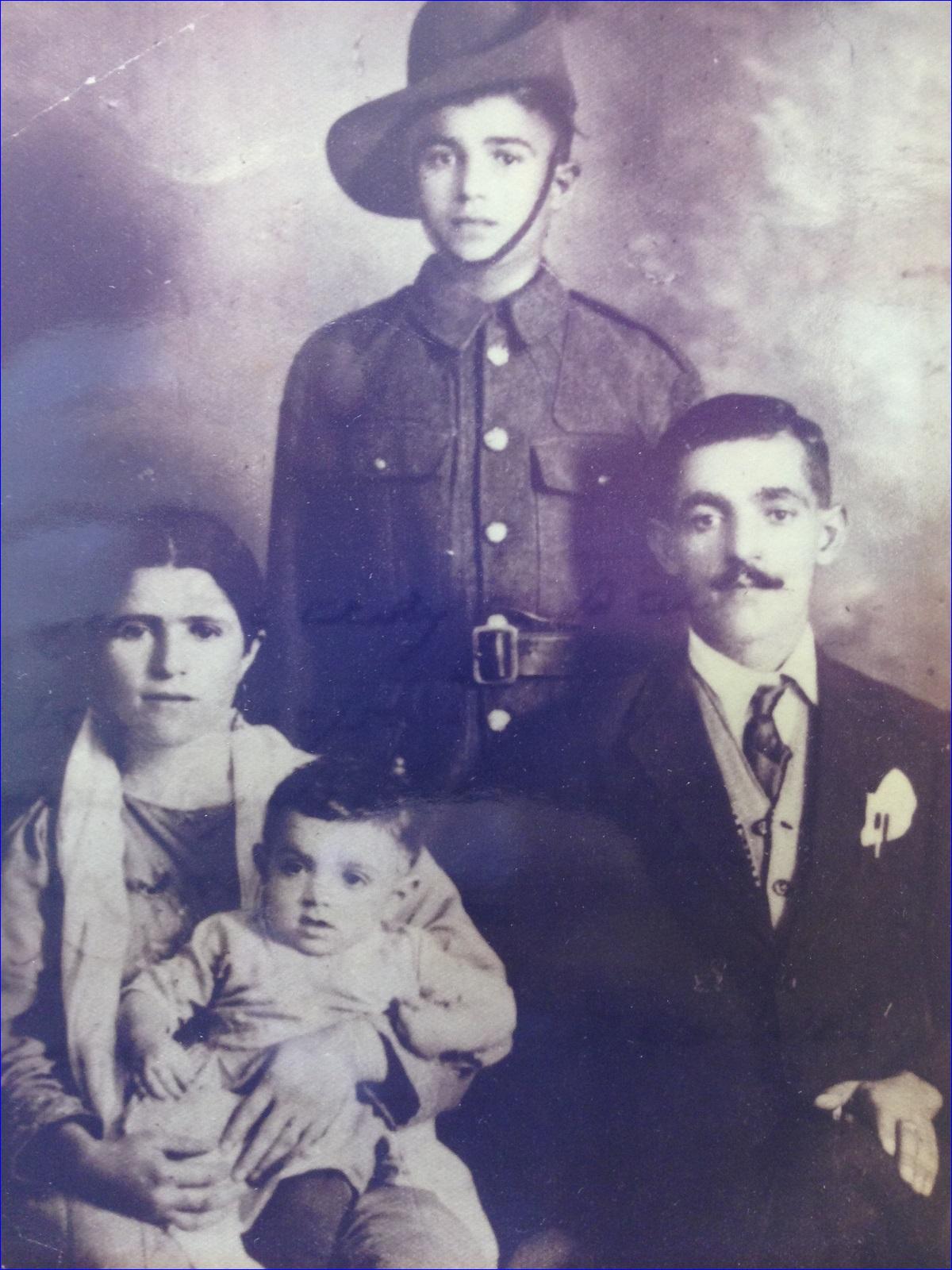


I have heard the stories, the songs, and the lamentations in my family.
Some want the inhumanity closed and forgotten, not because they are granting the wishes of those tortured by its memories, but because they do not want their name stained with the crimes of genocide. But they do themselves and their humanity a disservice, and so we do not forget. We do not forget not only for the sake of our people, but for all of humanity, including the sons and daughters of those who committed the crimes. It was Hitler who mocked "Who still talks nowadays of the extermination of the Armenians?" before he went on to perpetrate the holocaust on the Jews and other minorities of Europe. The lesson for humanity, when Hitler conducted his crimes, was not yet well learned. This lack of learning and lack of acknowledgement, it must be noted, can never be repeated. The subject, the story of inhumanity and the important lesson in it, can never be closed as long as we live on this earth and desire a civilized existence.

The genocide of the First World War, starting in 1915, was an event that uprooted the Assyrians of Hakkari and Tur Abdin from their villages, homes, and churches. Along with 1.5 million Armenians and Greeks of Anatolia, the Ottomans extinguished 750,000 Assyrian lives and 500,000 Greek lives. Men, women, and children were shot or hacked to pieces, their blood soaking the earth of their ancestors. Others were taken and then tortured and murdered because they refused to convert to Islam. Women were raped and humiliated. Others were abducted and forced to abandon their faith, only to recount these tales decades later, when their desire to return to their community was no longer an option.
This was genocide, an epic tale of inhumanity, the first in the twentieth century.
There is no doubt that what had transpired, no matter how academically or scholarly one views it, is an epic crime perpetrated by the Ottoman authorities of the day, headed by the Young Turks, along with all of those who supported them, including Kurdish tribes and communities and other Muslims. Sabri Atman, an Assyrian scholar of the genocide notes that "Assyrians call the genocide of 1915 Seyfo, meaning 'the sword.' The reason we called it the sword was that the perpetrators were using Seyfo as a weapon for the killings. Seyfo is a term that seeks to highlight the Assyrian share of the genocide, perpetrated against the Armenians and Greeks as well, during the First World War. The genocide that wiped out three quarters of the population of the Assyrians took place mainly in southeastern Turkey, but also in the northwestern town of Urmia in Iran."
The people who survived genocide through will and determination went on to overcome it. They lived their lives, raised their families, formed careers, prayed in new churches, lived in new cities, and wept in silence over their physical and psychological scars. They shared their stories with us, each a little bit varied but echoing the same message; good eventually triumphs over evil and men and women overcome hardship to become stronger and more resilient. Their villages and churches were destroyed and their ancient books burned. But this did not end the story. They lived on, practicing their language, their culture, and being more proud of their identity. They overcame adversity. They overcame hate and violence. And they told us about it.
Our reaction, whether we are Assyrians, Armenians, Greeks, Kurds, or Turks, should first involve acknowledgment of the inhumanity. How else can one understand the murders and rape of innocents, the destruction of their villages and churches, the burning of their books? To deny -- mocking "who today remembers" -- is to continue the inhumanity and to encourage that which is dark in us. Our reaction should instead be one of one of sympathy and empathy, of human compassion toward each other. It involves us understanding that we all have to struggle to overcome that which is undesirable in us on a daily basis. And recalling each act of inhumanity, acknowledging it and sympathizing with its victims, makes us better human beings.
And this lesson is not only for the accused, but for the victims as well. Those who suffered must survive and must live their lives. They must take their memories and reflect on the good in them. They must resist animosity and bitterness and open the subject to become inspired to rise above their 'fall;' to overcome the obstacles of the past and view their scars as designs in a work of art. One can only recall the remarkable words of the Assyrian bishop Mar Dinkha to his comrades, as they were being led to their death as nothing less than poetry. "Be brave," he told them, "take courage, be patient, falter not, be firm and look up. In a few moments we will be with Christ!" With these words they ended their tragic journey.
And with these words our inspired journey begins.

or register to post a comment.